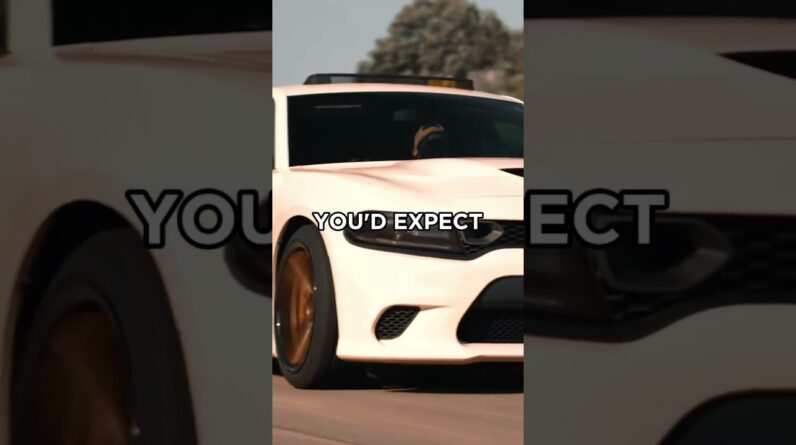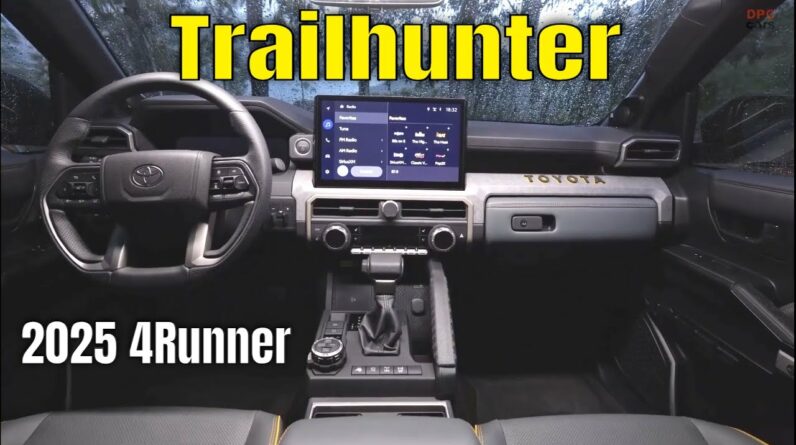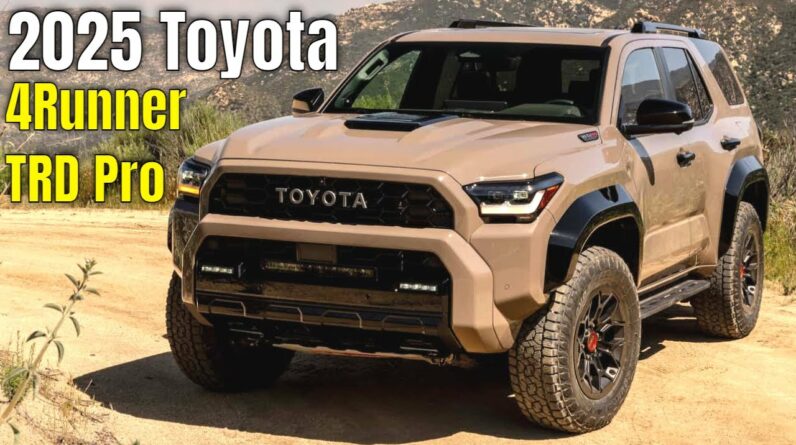FuelCell Energy, Inc. (Nasdaq: FCEL) and Toyota Motor North America, Inc. (Toyota) have recently unveiled a groundbreaking achievement – the inauguration of the pioneering “Tri-gen system” situated within the operational confines of Toyota’s Port of Long Beach operations. This Tri-gen system, masterfully administered by FuelCell Energy, harnesses the power of directed biogas to conjure up a trifecta of renewable energy forms: electricity, hydrogen, and water, setting the stage for a transformative journey toward sustainable energy solutions. A pivotal element in this alliance is a robust 20-year agreement, sealing the deal for FuelCell Energy to furnish the fruits of the Tri-gen system to Toyota.
Tri-gen stands as a testament to FuelCell Energy’s capacity to propel hydrogen-based fuel cell technology into the mainstream energy arena, a vital step in the ongoing global crusade to curtail carbon emissions. The significance of Tri-gen becomes palpable as it transforms Toyota Logistic Services (TLS) Long Beach into a vanguard, positioning it as the globe’s inaugural port vehicle processing facility, boasting an uninterrupted supply of 100 percent renewable energy sourced directly from its premises. This pioneering initiative resonates with Toyota’s unwavering commitment to fostering innovation and embracing audacious investments as cornerstones of their environmental sustainability blueprint.
FuelCell Energy’s CEO, Jason Few, echoed this sentiment, affirming their dedication to helping clients surpass their clean energy ambitions. The partnership with Toyota, according to Few, signifies a resounding endorsement of hydrogen-based energy as not only sound for business but also a boon for local communities and the environment. It’s a testament to the versatility and sophistication that underpins their fuel cell technology, and a compelling endorsement of Toyota’s environmental commitments.
The core of FuelCell Energy’s innovative technology lies in an electrochemical process that metamorphoses directed renewable biogas into a troika of resources – electricity, hydrogen, and potable water. This process operates with remarkable efficiency, devoid of the noxious emissions that typically accompany combustion processes. The Tri-gen system flexes its muscle by generating an impressive 2.3 megawatts of renewable electricity. TLS Long Beach, a pivotal partner in this endeavor, will absorb a portion of this electricity to drive its port operations, where an impressive 200,000 new Toyota and Lexus vehicles undergo processing annually.
The hydrogen-producing capabilities of the FuelCell Energy Tri-gen system are equally noteworthy, churning out up to 1,200 kilograms per day. This abundant supply will cater to TLS Long Beach’s fueling requirements, particularly for their light-duty fuel cell electric vehicle (FCEV) Mirai.
In a nod to water conservation, the Tri-gen system contributes by yielding 1,400 gallons of water daily through its hydrogen production process. This water resource will find utility in TLS Long Beach’s vehicle washing operations, significantly alleviating the strain on local water supplies, to the tune of half a million gallons annually.
#RenewableEnergy
#HydrogenTechnology
#SustainableTransportation
Tri-gen’s impact ripples outward, benefiting not just Toyota and its logistics operations but also the broader community. By virtue of its carbon-neutral products, Tri-gen is poised to slash over 9,000 tons of CO₂ emissions from the power grid on an annual basis. This transition to renewable hydrogen holds promise for the Port of Long Beach and the shipping industry, playing a pivotal role in the quest to usher in zero-emissions equipment, spanning locomotives, harbor craft, cargo-handling machinery, and trucks.
The excess electricity generated, beyond TLS Long Beach’s requirements, will not go to waste. Instead, it will be channeled into the local utility grid, specifically Southern California Edison, through the California Bioenergy Market Adjustment Tariff (BioMAT) program. This will introduce a renewable, resilient, and cost-effective baseload electricity source, fortifying the grid’s stability while championing sustainability.
In conclusion, the collaborative endeavor between FuelCell Energy and Toyota at the Port of Long Beach serves as a beacon of innovation in the realm of renewable energy. With a Tri-gen system that melds cutting-edge technology with sustainable practices, the partnership sets a precedent for others to follow, offering a blueprint for harnessing renewable hydrogen and electricity in an eco-friendly manner while simultaneously redefining the possibilities of carbon reduction in the industrial landscape. This remarkable achievement is poised to make waves not only within the Toyota ecosystem but also in the broader context of environmental stewardship and clean energy adoption.
Get More Great Car Videos – Subscribe: https://goo.gl/BSIaFc







